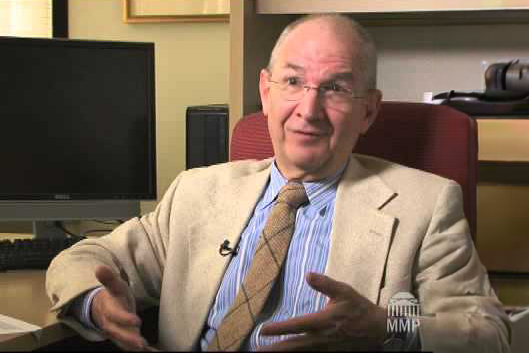
6 Ways Dementia Caregivers Can Feel Less Guilty
VIDEO & TRANSCRIPT: Caregiving is loving, yet frustrations can trigger guilt. See Dr. Peter Rabins, author of the #1 dementia book “The 36 Hour Day,” share healthy ways to heal caregiver guilt.

VIDEO & TRANSCRIPT: Caregiving is loving, yet frustrations can trigger guilt. See Dr. Peter Rabins, author of the #1 dementia book “The 36 Hour Day,” share healthy ways to heal caregiver guilt.
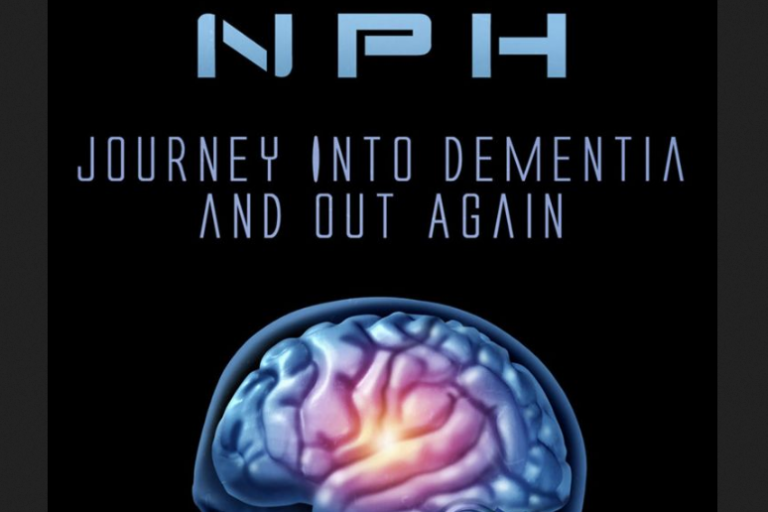
DIAGNOSIS (VIDEO & TRANSCRIPT):
5% of Alzheimer’s cases may really be NPH (Normal Pressure Hydrocephalus), a curable dementia. 400,000 Americans have NPH. Only 11,000 are properly diagnosed. Find out what you can do.
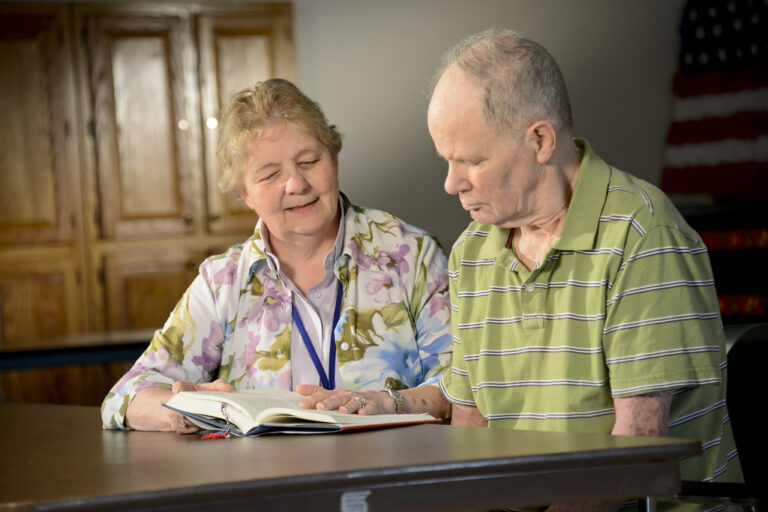
20 TIPS + NIH HOME SAFETY CHECKLIST FOR ALZHEIMER’S:
Here are 20 ways to make your home a safer place for a loved one with dementia.
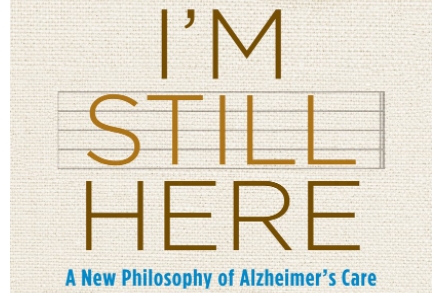
BOOK OF THE WEEK – VIDEO: “I’m Still Here” shows Dr. John Zeisel’s highly effective non-drug Alzheimer’s treatments . Therapy starts with the Arts, expanding to a spectrum of activities. See it break through the barriers of Alzheimer’s.

TEDx: Lower your risk of Alzheimer’s with mealtime. Watch Dr. Neal Barnard, nutrition researcher and author, show you how.
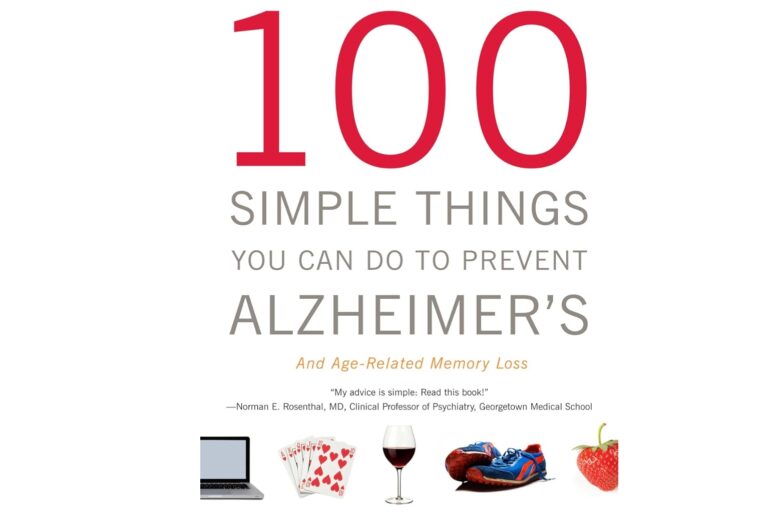
VIDEO & ARTICLE – BOOK OF THE WEEK: CNN’s former medical correspondent has written a book on dementia containing “100 Simple Things You Can Do to Prevent Alzheimer’s and Age-Related Memory Loss”. Backed by good science, see the author discuss a few of these “100 Simple Things” that help preserve thinking and memory.

Explaining Alzheimer’s to young children can be a daunting task, but it’s essential to help them understand and cope with the changes they may see in their family members. In this guest blog post, read 10 easy suggestions for explaining Alzheimer’s to young children.
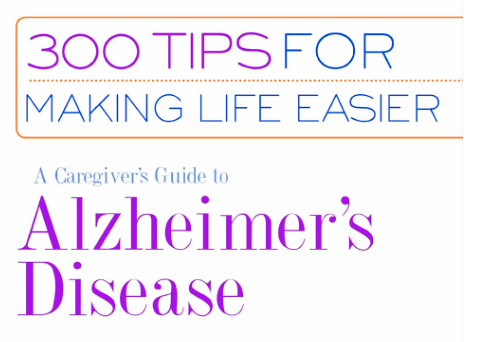
Revealing and contains much that is critical for caregivers to know. Easy to find specific information in this helpful, logical layout. The sections on spiritual needs in dementia are also welcome topics.

BOOK OF THE WEEK: The Editors of Brain Games for Adults put together this book of original picture puzzles. The variety of brain teasers make this a perfect gift for people living with dementia.
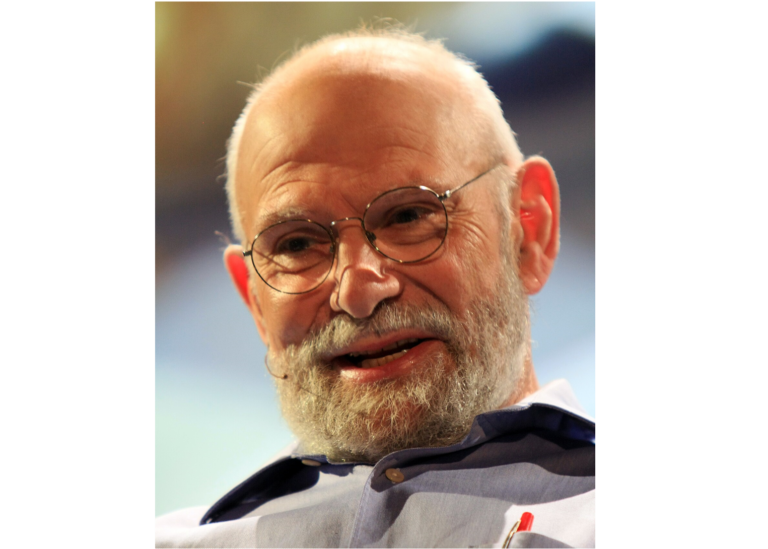
Music’s effect on the brain fascinated neurologist Oliver Sacks, MD. His research led him to helping people with Alzheimer’s. Watch this best-selling author share how dementia, without exception, responds to music.

Empower yourself with a detailed report of your brain’s function, consisting of an assessment of your cognitive function and your brain connectivity with a quick 45-minute on-site appointment.

Kimberly Warnick, Certified Dementia Practitioner and Care Navigator

Selling Alzheimer’s books takes time – buyers rarely commit right away. Smart authors plan for the long game, offering gentle, repeated reminders to buy. No tool does this more effectively or simply than the Alzheimer’s & Dementia Weekly Newsletter service. Keep your book—and its message—at the center of your readers’ attention.

SHORT-TERM MEMORY lapses are obvious signs of Alzheimer’s, but other tell-tale signals begin to show much earlier. Learn how to look for semantic impairments, such as simple questions about size.

Three important dementia studies focus on HS-AGING, a type of dementia almost as common as Alzheimer’s in the 85+ group. Yet few people have heard of it. Why? What makes it different?

An intriguing study of 120 grandmothers might surprise you. Doctors know socially engaged people have better cognition and less dementia. But can a person get too much of a good thing? What’s the right balance?

Enjoy this great duet between a musician with dementia and his son. A triumph of spirit over Alzheimer’s! Sing-a-long if you like!
No spam, only news and updates.



This site was inspired by my Mom’s autoimmune dementia.
It is a place where we separate out the wheat from the chafe, the important articles & videos from each week’s river of news. Google gets a new post on Alzheimer’s or dementia every 7 minutes. That can overwhelm anyone looking for help. This site filters out, focuses on and offers only the best information. It has helped hundreds of thousands of people since it debuted in 2007. Thanks to our many subscribers for your supportive feedback.
The site is dedicated to all those preserving the dignity of the community of people living with dementia.
Peter Berger, Editor